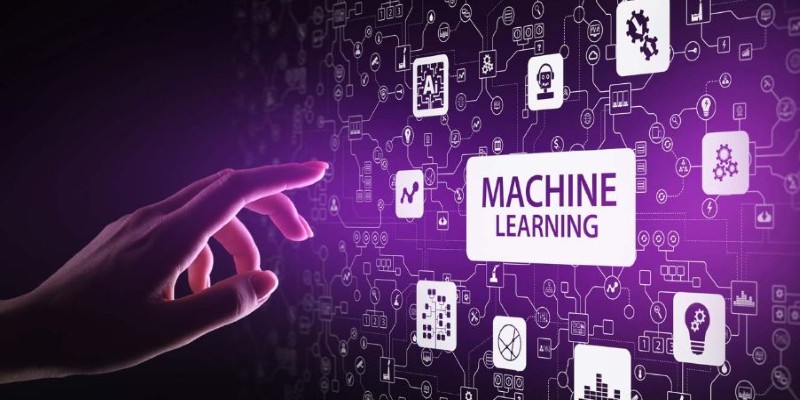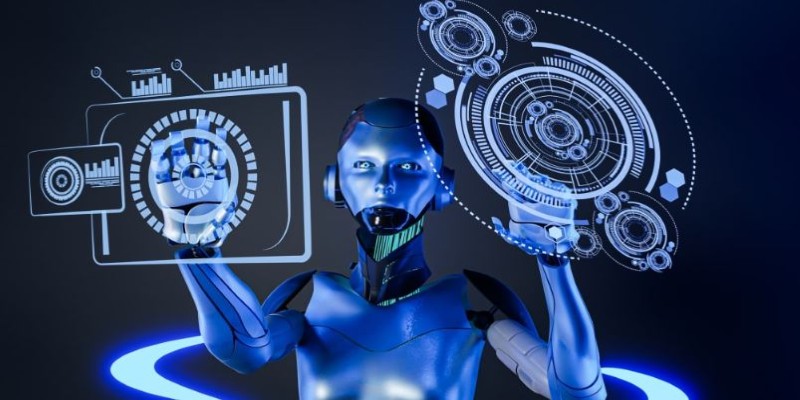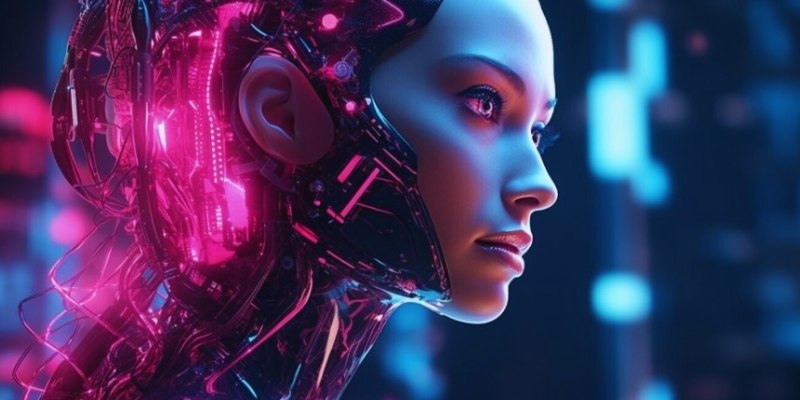Artificial Intelligence (AI) refers to machines that can simulate human intelligence, including learning, reasoning, problem-solving, and decision-making. Once a futuristic idea, AI is now part of daily life, powering technologies like voice assistants and personalized recommendations on platforms such as Netflix. Its influence spans across various sectors, including healthcare, finance, and transportation, revolutionizing how we live and work.
As technology advances and improves, more industries are bound to integrate artificial intelligence, an evolution that sparks innovation and ensures efficiency. To adapt to these changing times and get the most benefit from AI technology to enhance their lives, humans need to grasp what AI entails, how it works, and what the future holds for the transformative technology that is AI.
The Basics of Artificial Intelligence
Artificial Intelligence, at its core, refers to the field of computer science that aims to create a machine that can carry out tasks that a human should do. Such tasks are usually speech recognition, visual perception, decision-making, and language translation. There are two categories: narrow AI and General AI.
Narrow AI, also called Weak AI, is created for a specific purpose. Self-driving cars, facial recognition software, and email spam filters are a few examples of Narrow AI in action. Such Narrow AI is already embedded into our lives, mainly in the background, to save time and improve convenience.
This involves general AI, the kind of ability a machine needs to understand and learn and to apply intelligence to numerous tasks akin to a human being. However, this remains theoretical for now, with experts still working hard to achieve that level of AI. The challenges behind General AI, though exciting, are enormous in number.
A great combination of many disciplines, AI studies involve machine learning, neural networks, natural language processing, and robotics. They are all intertwined with each other as components to develop decision-making systems for autonomy and ability in new information adjustments.
The Technology Behind AI
AI works by processing large amounts of data, identifying patterns, and making decisions based on that data. This process is powered by algorithms, which are step-by-step instructions that tell the machine how to analyze data and solve problems.

Machine learning (ML) is a subset of AI that involves training a machine to learn from data without explicit programming. In other words, the machine improves its performance as it is exposed to more information. There are different types of machine learning, such as supervised learning, unsupervised learning, and reinforcement learning.
In supervised learning, the AI is trained on labeled data, which means the input data has corresponding outputs. The AI learns by comparing its predictions to the actual results, gradually improving its accuracy. Unsupervised learning, on the other hand, involves data without labels. The machine must find patterns and relationships within the data on its own. Reinforcement learning is a bit different; here, an AI agent learns by interacting with its environment and receiving feedback, either rewards or penalties, for its actions.
Neural networks, which are inspired by the human brain, consist of interconnected nodes or "neurons" that process information in layers. These networks help AI recognize patterns and make decisions. Deep learning, a type of neural network with many layers, has powered breakthroughs in image recognition, speech recognition, and natural language processing.
AI Transforming Daily Life and Healthcare
AI has seamlessly integrated into everyday life, often working in the background to improve convenience and efficiency. Voice assistants like Amazon’s Alexa and Apple’s Siri are prime examples, using AI algorithms to interpret natural language, answer questions, and perform tasks ranging from setting alarms to providing news updates. These systems also learn from user interactions, improving their responses over time.
Another prominent use of AI is personalization—platforms like Netflix recommend shows based on your viewing habits, while Amazon suggests products tailored to your interests. Even social media feeds are curated using AI, ensuring that the content you see aligns with your past engagement.
AI's influence isn't limited to entertainment and shopping; it's also transforming transportation. Companies like Tesla and Waymo are using AI to develop self-driving cars equipped with sensors and advanced algorithms to navigate traffic, recognize obstacles, and make real-time decisions. Though fully autonomous vehicles are still in development, AI advancements have significantly improved safety and driving efficiency.
In healthcare, AI has revolutionized diagnostics, medical imaging, and drug discovery. AI systems assist doctors by analyzing complex data, helping detect diseases early, and even suggesting treatment options. Moreover, AI accelerates drug research by identifying potential candidates faster than traditional methods, reducing both time and costs.
The Future of AI: Opportunities and Challenges
As AI continues to advance, its potential to revolutionize various industries is immense. From smarter cities to personalized education, AI could open up a world of possibilities. However, there are also challenges to consider.

One of the most significant concerns surrounding AI is its impact on jobs. Automation powered by AI has the potential to replace many routine and manual tasks, leading to job displacement. While AI can create new opportunities in fields like data analysis and machine learning, there is a need for upskilling and reskilling workers to keep pace with the changing job market.
There are also ethical concerns related to AI. As AI systems make decisions that affect people's lives, such as in healthcare or criminal justice, questions arise about how these systems are trained and the potential for bias. If AI systems are trained on biased data, they could perpetuate existing inequalities. Ensuring fairness and transparency in AI decision-making will be crucial as the technology continues to evolve.
Conclusion
Artificial Intelligence is already here, and its influence is growing at an exponential rate. From the devices we use every day to groundbreaking advances in healthcare, AI is shaping the future of technology. While there are challenges to overcome, the potential benefits are undeniable. By understanding how AI works, its applications, and ethical considerations, we can better navigate the evolving landscape of technology. As we move forward, it's important to embrace the power of AI, ensure responsible development, and consider its impact on society as a whole.




